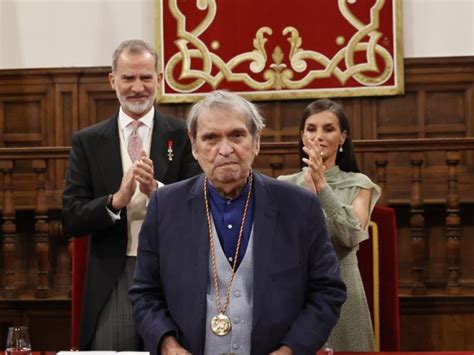
Couretsy
The Cervantes Prize is widely regarded as the most prestigious literary award in the Spanish-speaking world. It is awarded annually to a writer who has made significant contributions to Spanish-language literature, and has been won by some of the greatest authors in history, including Jorge Luis Borges, Mario Vargas Llosa, and Octavio Paz. In 2019, the award was presented to the Venezuelan poet Rafael Cadenas, marking the first time that a writer from Venezuela had won the prize.
Cadenas was born in Barquisimeto, Venezuela, in 1930, and began his career as a poet in the 1950s. He has since become one of the most widely respected poets in the Spanish-speaking world, known for his spare, introspective style and his exploration of themes such as identity, solitude, and the human condition. His poetry has been translated into numerous languages, and he has received numerous awards and honors throughout his career, including the National Prize for Literature in Venezuela (1985), the Octavio Paz International Poetry and Essay Prize (2018), and the Reina Sofía Prize for Ibero-American Poetry (2018).
The decision to award the Cervantes Prize to Cadenas was met with widespread acclaim from the literary world. The jury praised him as a “poet of extreme height” and praised his “mastery of language, depth of thought, and poetic innovation.” They also noted his “commitment to human values, his criticism of power, and his defense of freedom and justice,” all of which they described as “essential values of the Cervantes Prize.”
In his acceptance speech, Cadenas thanked the jury and spoke of the importance of poetry in a troubled world. “Poetry is not only the search for beauty,” he said, “but also a way of confronting the ugliness of the world, of criticizing power, of questioning authority, and of giving voice to the silenced.” He also spoke of his love for Venezuela, a country that has been beset by political and economic turmoil in recent years. “I receive this prize as a gift not only for myself but for Venezuela,” he said. “For a country that has suffered so much, but that remains alive, creative, and hopeful.”
The awarding of the Cervantes Prize to Rafael Cadenas is a testament to the power of poetry to transcend borders and to the enduring importance of literature in our world. As we confront the challenges of the present moment, we would do well to remember Cadenas’s words: that poetry can be a force for good, a way of shining a light in the darkness, and a means of speaking truth to power.
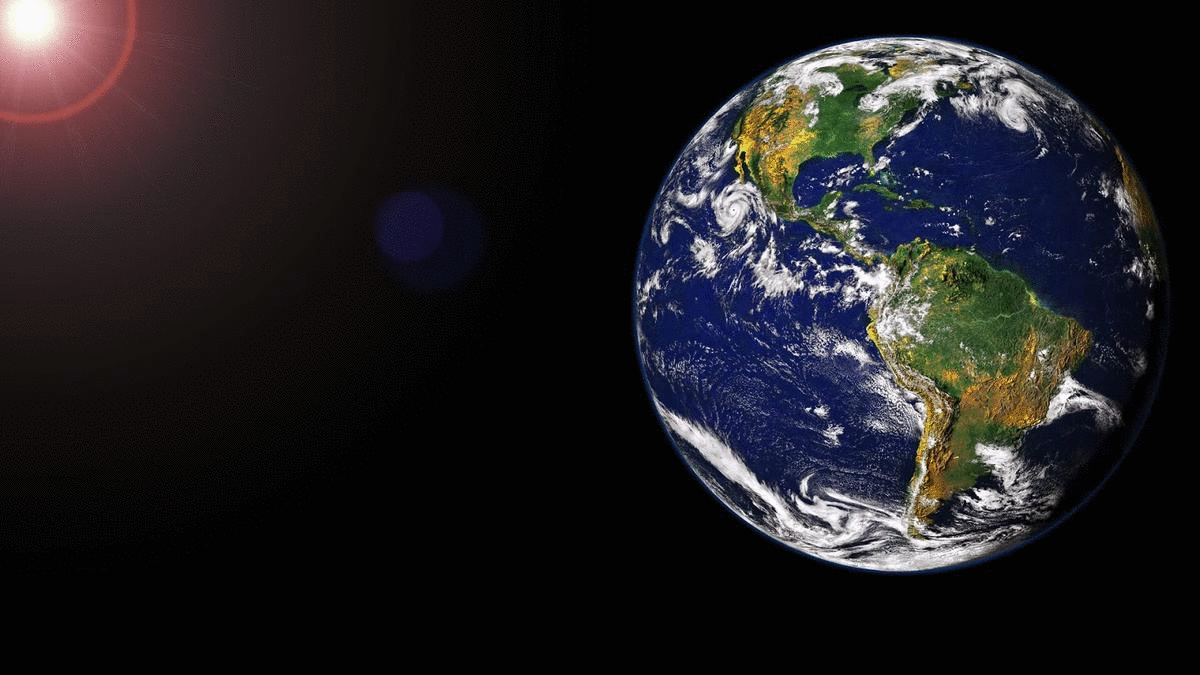
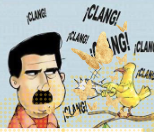
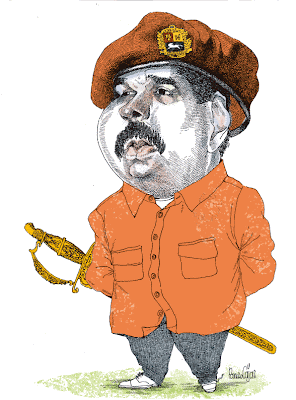
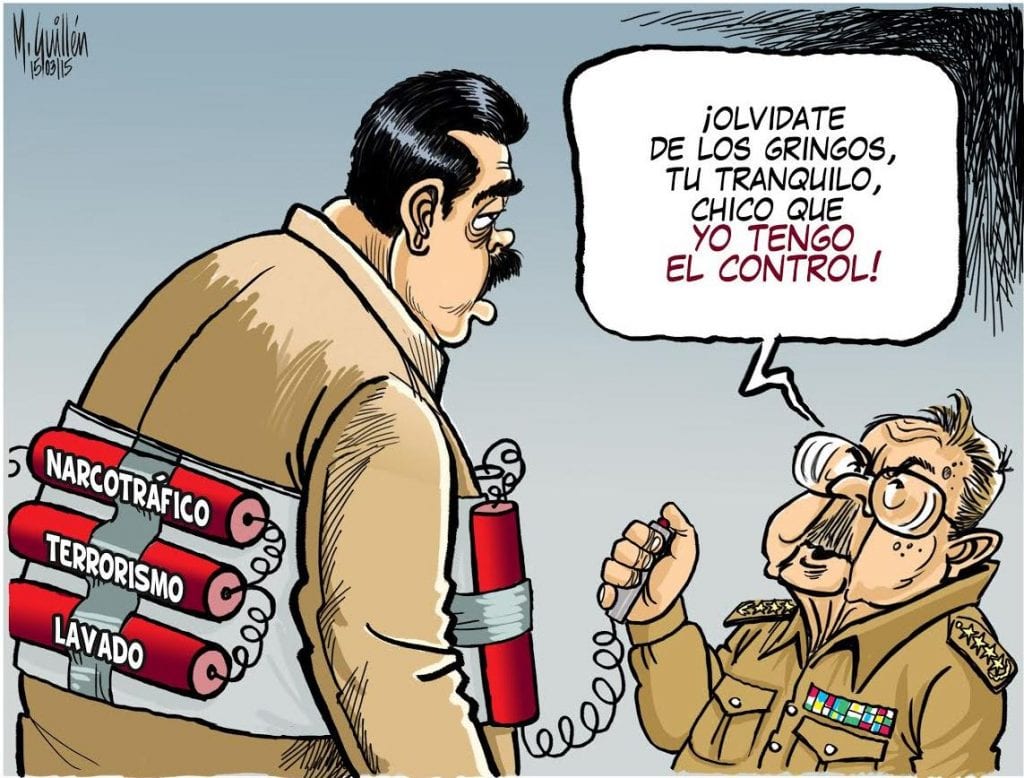
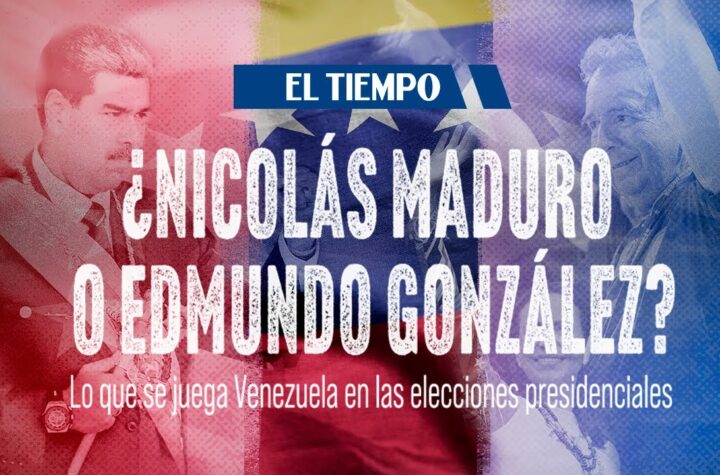
More Stories
Venezuela to the quarterfinals of the Cup after defeating Mexico.
Our book” International Castrochavismo: 20 Years of Ambition, Subversion, and Destruction” is now out.
High-quality cacao beans make Venezuela a land of fine chocolate